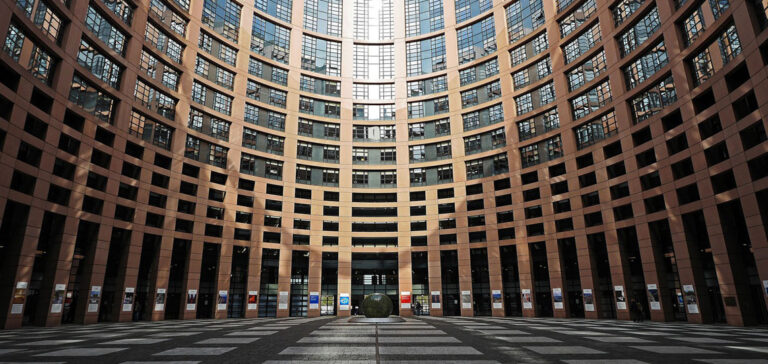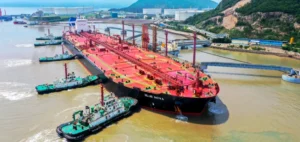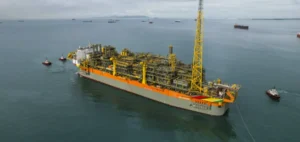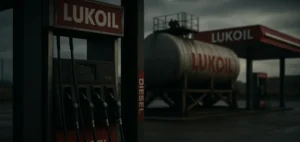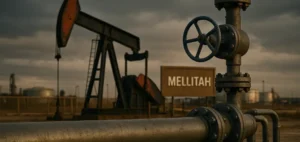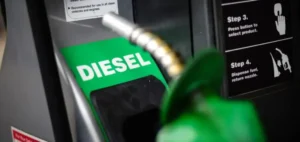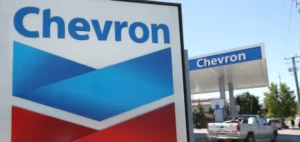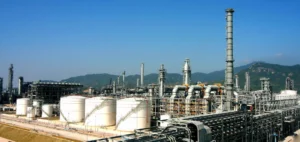Wopke Hoekstra’s review arouses the interest of MEPs. He is the Dutchman appointed to the European Commission’s Climate portfolio. His time in the oil industry and his previous positions raise concerns about the EU’s environmental ambitions, two months ahead of COP28.
Wopke Hoekstra’s career path
Wopke Hoekstra, a 47-year-old Christian Democrat who served as Finance Minister and then Foreign Minister in the Netherlands, has been chosen to succeed Frans Timmermans, the architect of the “Green Pact.” Ursula von der Leyen, President of the European Commission, gave Hoekstra responsibility for climate, while Maros Sefcovic, current Vice-President of the Commission, was appointed to coordinate the “Green Pact”.
The Controversies Surrounding the Nomination
However, Hoekstra’s appointment still has to be confirmed by a vote of MEPs. The procedure will not be a formality, as his time at Shell, followed by a career at McKinsey, has been controversial. Several environmental NGOs, including Greenpeace and Friends of the Earth, have voiced their concerns, highlighting in particular its past opposition to the shutdown of the Groningen gas field and the reduction of nitrogen emissions in the Netherlands.
The Left in the European Parliament has promised a “tough hearing,” while the Social Democrats and Greens are waiting to see how Hoekstra will position himself on environmental issues. Environment Committee chairman Pascal Canfin warned that Hoekstra will have to prove he can maintain the EU’s high level of climate ambition.
Supporters and opponents
The right-wing EPP party openly supports Wopke Hoekstra, pointing out that he launched green bond issues during his tenure as Finance Minister. COP28 in Dubai, scheduled to start on November 30, represents a major challenge for the new Climate Commissioner.
In his written answers to the MEPs, Hoekstra tried to reassure them by pleading for “ambitious climate action” and cooperation “in good faith” with the Parliament. He also proposed that Brussels should take a position early in 2024 on options for the 2040 target, while underlining its determination to phase out fossil fuel subsidies.
The confirmation of Wopke Hoekstra and Maros Sefcovic will largely determine the EU’s environmental policy direction in the years to come. The MEPs’ decision will be eagerly awaited in the run-up to COP28.


